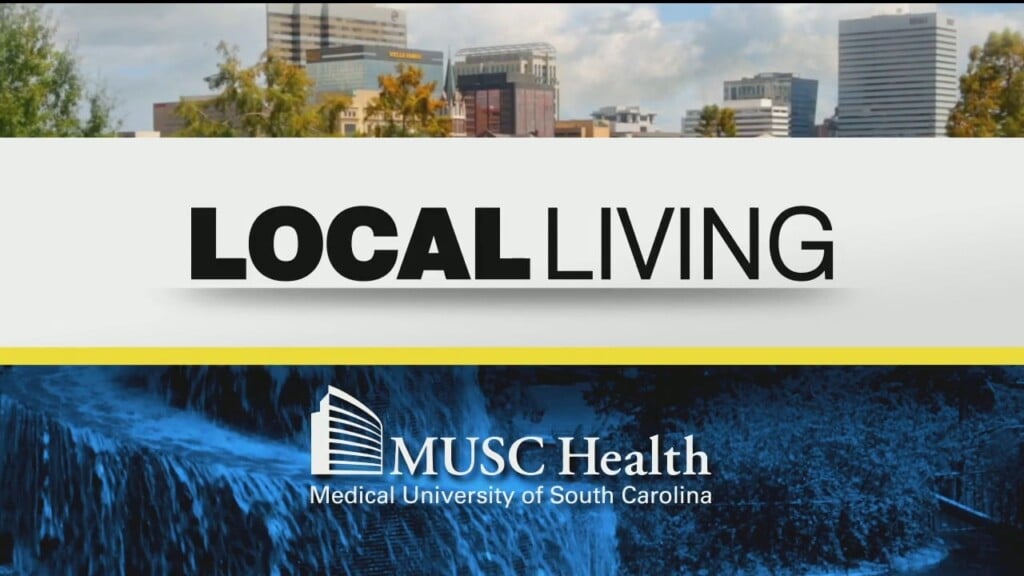Advocacy groups push for Medicaid expansion as South Carolina’s legislative session nears

FILE – Police officers are the only people seen at the South Carolina Statehouse on Jan. 20, 2021, in Columbia, S.C. The Republican-dominated South Carolina House is expected to debate a bill restricting medical care for transgender minors on Wednesday, Jan. 17, 2024. (AP Photo/Jeffrey Collins, File)
(WCIV) — On the eve of South Carolina’s 2025 legislative session, external organizations continue to advocate for expanding Medicaid coverage in the Palmetto State.
The 126th General Assembly is set to convene on Tuesday, Jan. 14, with a host of agenda items. With Republicans owning supermajorities in the State Senate and State House, top priority items include a revamped ‘School Choice’ voucher program, state energy policy, criminal justice issues like fighting fentanyl and major retail theft and even rewriting the state’s entire tax system.
The American Cancer Society Cancer Action Network, which advocates for evidence-based public policies to reduce the cancer burden for everyone, is hoping for expanded Medicaid coverage to be added to that list.
“Too many South Carolinians are caught between paying for household expenses or health care coverage,” South Carolina Government Relations Director Beth Johnson said. “As a result, they are often forced to go without preventive care or delay critical treatments, costing our state and hospitals more money in the long-term.”
As things stand, South Carolina is one of 10 states that has not expanded Medicaid eligibility to cover all adults with incomes up to 138% of the federal poverty level. The 2010 Affordable Care Act intended it to be a mandate before a U.S. Supreme Court ruling two years later made it optional for states.
If South Carolina expanded its Medicaid coverage for 2026, it would give 360,000 additional South Carolinians full health insurance coverage in its first year. A report published in 2024 estimated it would cost the state around $270 million. However, advocacy agencies argue the returns outweigh the cost of expanding medical coverage.
Cover SC – an organization that advocates for affordable, sustainable healthcare coverage – claims expanding Medicaid would generate more than $12 billion in additional economic output in the state while improving health outcomes.
“Every year, South Carolinians pay taxes to the federal government,” Johnson said. “We should bring those dollars back home, rather than send them to pay for health care in 40 other states. Closing the coverage gap is smart business for South Carolina.”
Currently, South Carolina’s eligibility criteria stipulate that non-disabled, non-elderly adults without children cannot access full Medicaid coverage. However, parents may qualify if their income is at or below 67% of the federal poverty level, amounting to only $16,650 annually for a family of three.
For children aged 18 and under, they remain eligible if their parents’ income does not exceed 208% of the poverty level, which is a maximum of $53,706 for the same family of three.
If South Carolina opted to expand Medicaid coverage, the federal government would offer $2.5 billion in Medicaid matching funds in 2026. Additionally, the state would receive $435 million in temporary federal bonus payments, which last two years under the American Rescue Plan, if it opted to expand eligibility in 2026, according to the report.
The estimated cost could change given South Carolina’s recent growth.
Though advocacy groups remain dogged in pushing for expanded Medicaid coverage, the Republican-controlled state government appears unwilling to take up the measure. In 2024, Republican Gov. Henry McMaster vetoed a measure that would have created a committee to study whether adopting Medicaid expansion under the Affordable Care Act was right for the state.
“I remain unconvinced that the expansion of Medicaid benefits – which this legislative study committee is tasked with considering – is necessary, nor do I believe it is fiscally responsible,” McMaster wrote in his veto then. “I believe that studying and working toward that goal is a worthy endeavor. However, I believe it requires more than a five-month treatment by a legislative study committee.”
McMaster then stated that “access to quality affordable healthcare, much of which can be accomplished by unleashing competition through the free market, and by eliminating burdensome and anti-competitive rules and regulations.”
The remaining states that haven’t expanded Medicaid coverage are Alabama, Florida, Georgia, Mississippi, Tennessee, Texas, Kansas, Wisconsin and Wyoming, according to KFF. The states listed have Republicans controlling state legislatures.
Democrat State Rep. Kambrell H. Garvin (Richland) pre-filed a House bill on Dec. 5 to expand Medicaid coverage in the state. Rep. Jordan Pace (R, Berkeley County), a strong advocate for the free market approach to healthcare, doesn’t see the bill making it to the House floor for a vote during the 2025 session.


